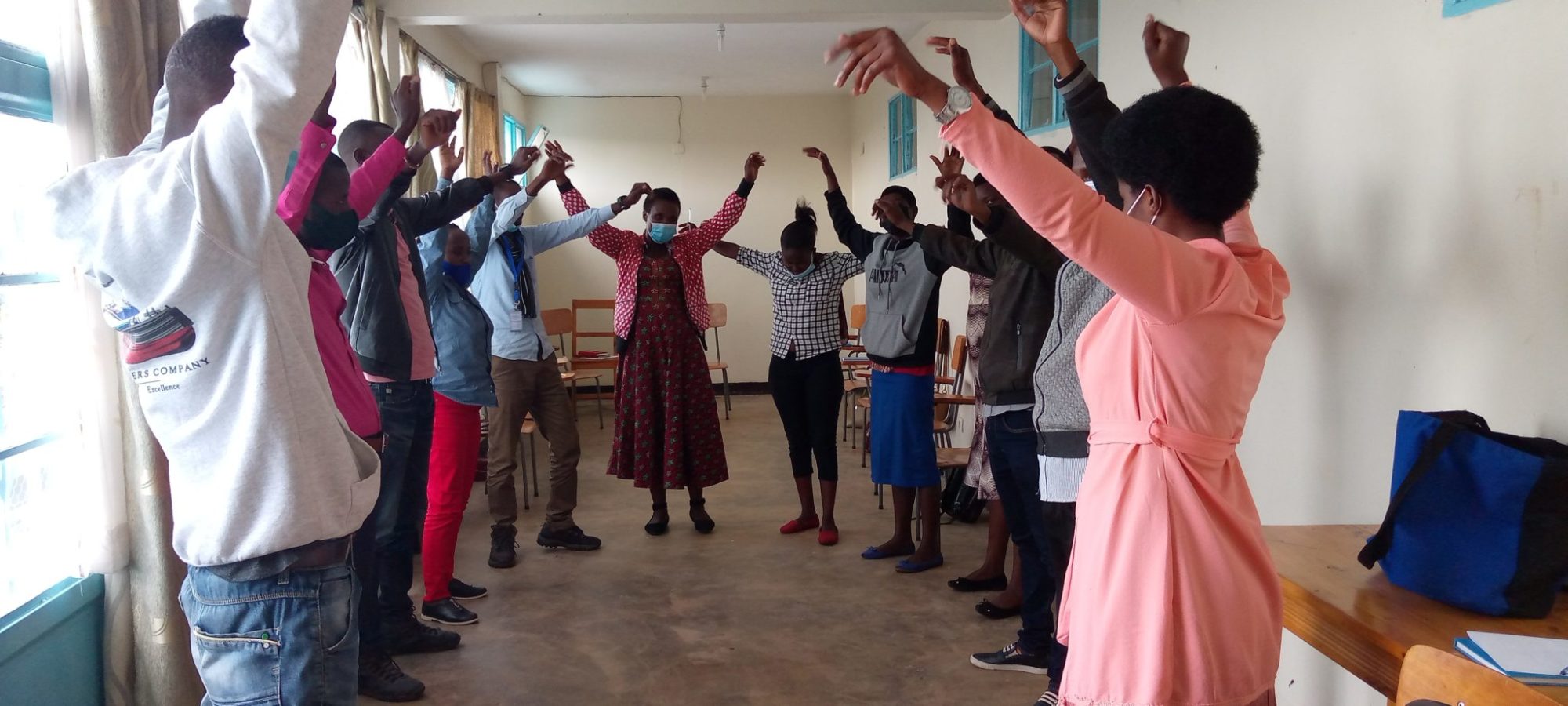The outpouring of concern for the people of Ukraine has surprised world-weary observers who talk of “compassion fatigue”. Yet, the survivors of other conflicts question what they see as double standards. In the words of a Yezidi friend, “We suffered the same thing in 2014-2017 at the hands of Islamic State. Are we less human than the Ukrainians?”
Any number of Africans are wondering if their skin tone disqualifies them from the same empathy. They ask if the Global North regards the wars, genocides, and natural disasters that kill innocent African civilians as “normal” or “very sad, but just the way it is.”
However, many Bosnians might disagree with that conclusion: they were white and European, but suspected they were not insufficiently “like us” because of their Muslim faith.
Rwanda’s Annual Period of Mourning & Reflection
As Rwanda enters its annual period of mourning and reflection, Network for Africa hopes that the horror of Ukraine is leading more of us to understand why millions of people migrate each year, risking their lives to reach safety, leaving all they know and care about behind them. However dangerous their journey might be, it is probably less dangerous than staying home.
We also hope there will be a wider appreciation of how traumatizing it can be to witness violence, or to run for your life. None of us expects the Ukrainian people to bounce back once they reach safety, or when the conflict -hopefully- ends. We know they will probably have nightmares for the rest of their lives. Survivors will be hyper vigilant, bracing themselves for the next catastrophe, and unable to derive full enjoyment in the moment because of what they fear might come along.

These have been the experiences of Rwandans since the 1994 genocide: hyper vigilance, depression, flash backs, post-traumatic stress disorder and difficulty trusting people or believing that it is safe to love someone who you fear might be taken away from you. The trauma does not stop with one generation, either: research indicates that the children of survivors often inherit the trauma without even knowing it.
We Stand In Solidarity
As we remember the Rwandan genocide this month, absorbing the news from Ukraine, we stand in solidarity. Yet we know how little that sentiment can mean when soldiers are approaching your town, intent on killing you simply because of your identity.
To quote from Jackson Browne’s haunting song The Pretender, we hope that today’s compassion toward Ukraine is part of “the fitful dreams of a greater awakening.” If anything good comes out of this irrational and obscene war, it may be a greater awakening on behalf of those of us who live in relative safety and comfort.
Network for Africa’s supporters are, by definition, already sensitive to the suffering of people whom they will likely never meet and with whom they have little -superficially- in common. We thank you for your help over the years as we work in post-conflict societies, in Rwanda, Uganda and Sierra Leone. Please click below to continue helping us. Thank you.
SEE ‘WAYS TO GIVE’ TO SUPPORT OUR WORK